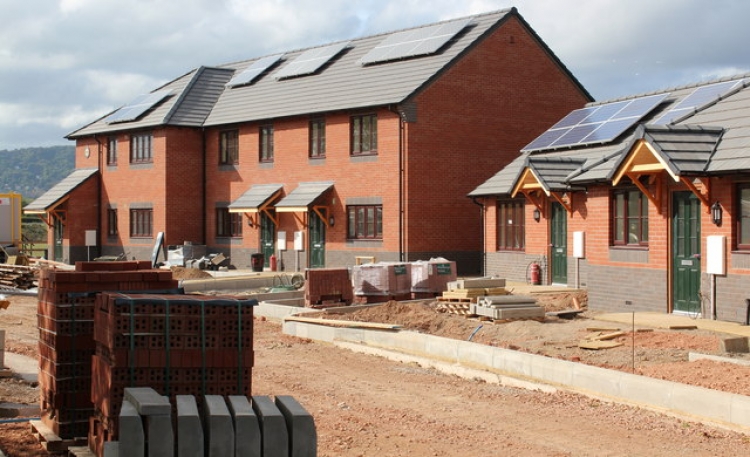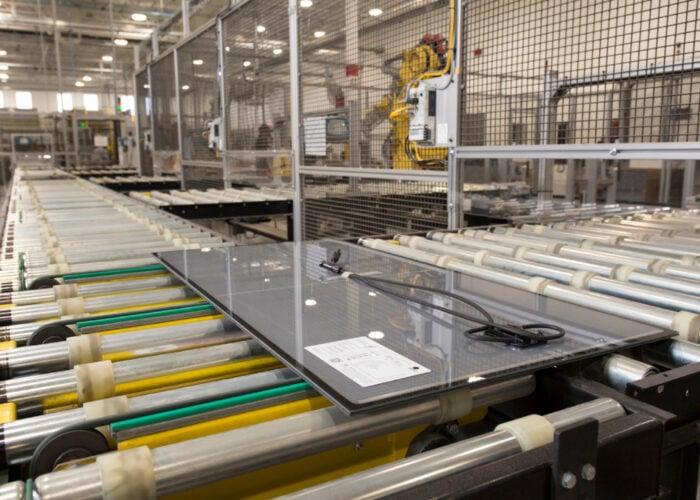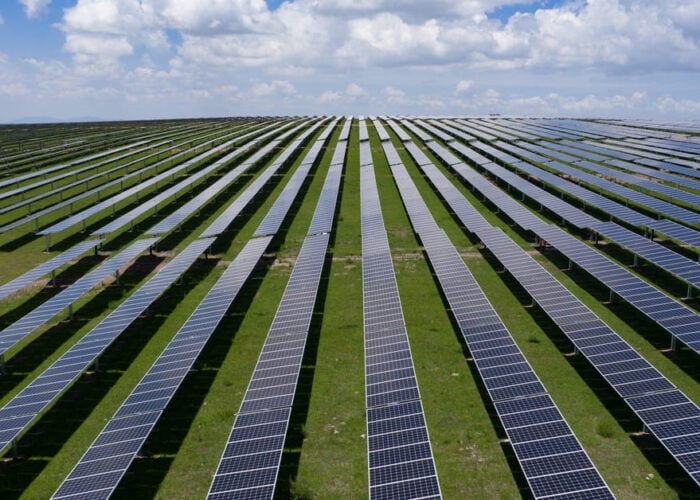
San Francisco Senator Scott Wiener has readied new legislation on solar panels, saying that a city ordinance passed in April that required all new construction in the city to include solar panels isn’t enough.
The bill is expected to be passed today.
Try Premium for just $1
- Full premium access for the first month at only $1
- Converts to an annual rate after 30 days unless cancelled
- Cancel anytime during the trial period
Premium Benefits
- Expert industry analysis and interviews
- Digital access to PV Tech Power journal
- Exclusive event discounts
Or get the full Premium subscription right away
Or continue reading this article for free
Current law mandates that all new buildings with a permit received after 1 January 2017 are to be “solar ready”; with either solar panels or solar water heaters atop commercial and residential buildings shorter than 10 floors. This measure was passed under a unanimous vote from the San Francisco Board of Directors.
This new legislation, like the ordinance it is modelled on, requires solar panels to be installed on 15% of roofs.
“We figured if you are going to make it solar ready, just put the panels on and start out with solar energy integrated into the building,” Wiener said to the San Francisco Chronicle. “People are frustrated with the slow pace of moving toward renewable energy, and people have a sense of urgency that we don’t have time to waste. We need to move away from a carbon-based economy.”
There is some uncertainty with the passing surrounding the additional cost of solar, which will likely cause the cost for building homes to accelerate housing prices. Wiener however is confident that the cost of solar won’t be a deterrent for the bill passing.
“It’s not a significant cost,” he said. “It either pays for itself over time or you don’t even have to own the panels. You can have a third party come in and own and maintain the panels. That’s why we got little pushback from the development community in San Francisco.”
Under the bill, solar can either be purchased by construction workers or purchased and owned by a third party.
San Francisco was the first major US city to introduce a mandatory solar requirement. Other LA cities including Santa Monica, Lancaster and Sebastopol also require solar on new buildings. California continues to be the leading state for solar in the nation, becoming the first state ever to add more than 1GW of utility-scale PV in a single quarter, in Q3 2016.






